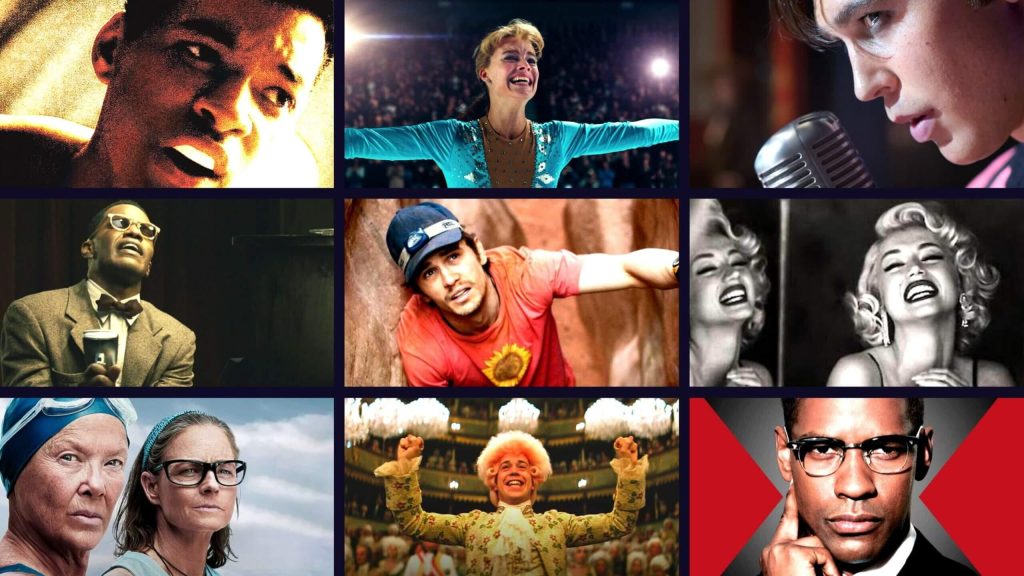In the golden age of television, where binge-worthy series are at our fingertips and streaming giants churn out new content by the day, one show remains an indelible benchmark in the realm of storytelling: The Sopranos. As the years roll on, and countless narratives vie for our attention, the question lingers like the faint echo of a mobster’s footsteps in a dimly lit alley—should The Sopranos be considered the pinnacle of TV storytelling? This seminal series, which first graced our screens at the dawn of the millennium, not only redefined what television could be but also set a high bar for character complexity, narrative depth, and thematic boldness. As we delve into the intricacies of its narrative genius, prepare to embark on a journey that explores whether this iconic saga of crime, family, and existential angst truly deserves its crown in the pantheon of television greatness.
Exploring Complex Narratives in The Sopranos
At the heart of The Sopranos lies an intricate tapestry of storytelling that masterfully intertwines the mundane with the extraordinary. This iconic series elevates the television medium by crafting narratives that are as multifaceted as they are compelling. Each episode serves as a window into the tumultuous life of Tony Soprano, a man grappling with the weight of his dual existence as a family man and a mob boss. The show’s creators expertly weave a complex web of subplots, ensuring that viewers are constantly challenged to reassess their perceptions and emotions. Through its use of symbolism, foreshadowing, and character development, The Sopranos transcends conventional storytelling, offering a narrative depth that invites endless analysis and discussion.
Consider the following elements that contribute to the show’s narrative brilliance:
- Character Complexity: Every character is meticulously developed, with backstories and arcs that reveal their multifaceted nature.
- Symbolism and Metaphor: The series employs rich symbolism, from Tony’s recurring dreams to the significance of the ducks in his pool.
- Non-linear Storytelling: The narrative often shifts through time, offering a fragmented yet cohesive exploration of cause and effect.
- Emotional Resonance: The series delves into themes of existentialism, identity, and morality, resonating deeply with audiences.
These elements, combined with the show’s willingness to challenge narrative norms, position The Sopranos as a potential pinnacle of TV storytelling, a benchmark against which all subsequent dramas are measured.
Character Depth and Development as a Benchmark for TV Drama
In the realm of television drama, character depth and development are the cornerstones of compelling storytelling. The Sopranos exemplifies this with its intricate portrayal of Tony Soprano, a character who is as enigmatic as he is engaging. This series deftly navigates his complex psyche, revealing layers of vulnerability, moral ambiguity, and existential dread. Each episode peels back another layer of Tony’s character, inviting the audience to delve deeper into his internal struggles.
- Multifaceted Characters: The supporting cast is not left behind; characters like Carmela Soprano and Dr. Jennifer Melfi are crafted with equal care, offering rich subplots and perspectives.
- Evolving Relationships: Relationships evolve naturally, driven by the characters’ growth and the nuanced scriptwriting that mirrors real-life complexities.
- Moral Ambiguity: The show challenges viewers to grapple with the blurred lines between right and wrong, creating a dynamic viewing experience that keeps audiences engaged.
The Sopranos sets a high benchmark for character development, where each character’s journey is as pivotal as the plot itself. It raises the question of whether any subsequent series has matched this level of depth, making it a quintessential study in character-driven storytelling.

The Sopranos Influence on Modern Television Storytelling
The legacy of “The Sopranos” on modern television storytelling is both profound and far-reaching. It has become a blueprint for character complexity and narrative depth, reshaping how audiences perceive anti-heroes and morally ambiguous characters. By weaving intricate plots with psychological exploration, the show elevated TV narratives to a form of high art. Key elements that showcase its influence include:
- Character Development: Protagonists are no longer bound by traditional heroic archetypes. Tony Soprano’s multifaceted personality paved the way for characters like Walter White in “Breaking Bad” and Don Draper in “Mad Men.”
- Narrative Structure: Non-linear storytelling and the use of flashbacks became a staple, adding depth and texture to story arcs.
- Realism and Authenticity: The depiction of everyday life, with its mundane details and moral complexities, set a new standard for authenticity in television.
In embracing these elements, modern series have not only adopted the stylistic and thematic bravado of “The Sopranos,” but have also challenged and expanded upon them, ensuring that its influence will be felt for generations to come.

Reimagining TV Standards Through The Sopranos Legacy
The profound impact of The Sopranos on television storytelling is undeniable. It wasn’t just a show; it was a revolution that dared to break the mold of conventional TV narratives. Through its complex characters and intricate plotlines, it offered a raw and unfiltered glimpse into the life of a mob boss struggling with the mundane yet daunting challenges of modern life. David Chase’s masterful creation did not shy away from depicting the brutal realities of its world, weaving together themes of identity, family, and morality with unparalleled depth.
Why does it stand out?
- Character Development: Each character was meticulously crafted, offering viewers a rich tapestry of personalities that evolved over time.
- Narrative Complexity: The show’s ability to intertwine multiple story arcs kept audiences engaged, demanding attention to every detail.
- Cultural Impact: It set a precedent for future series, pushing boundaries and redefining what television could achieve.
In a landscape where storytelling is often diluted for mass appeal, The Sopranos remains a benchmark of excellence, proving that television can indeed rival the greatest works of literature and film.









